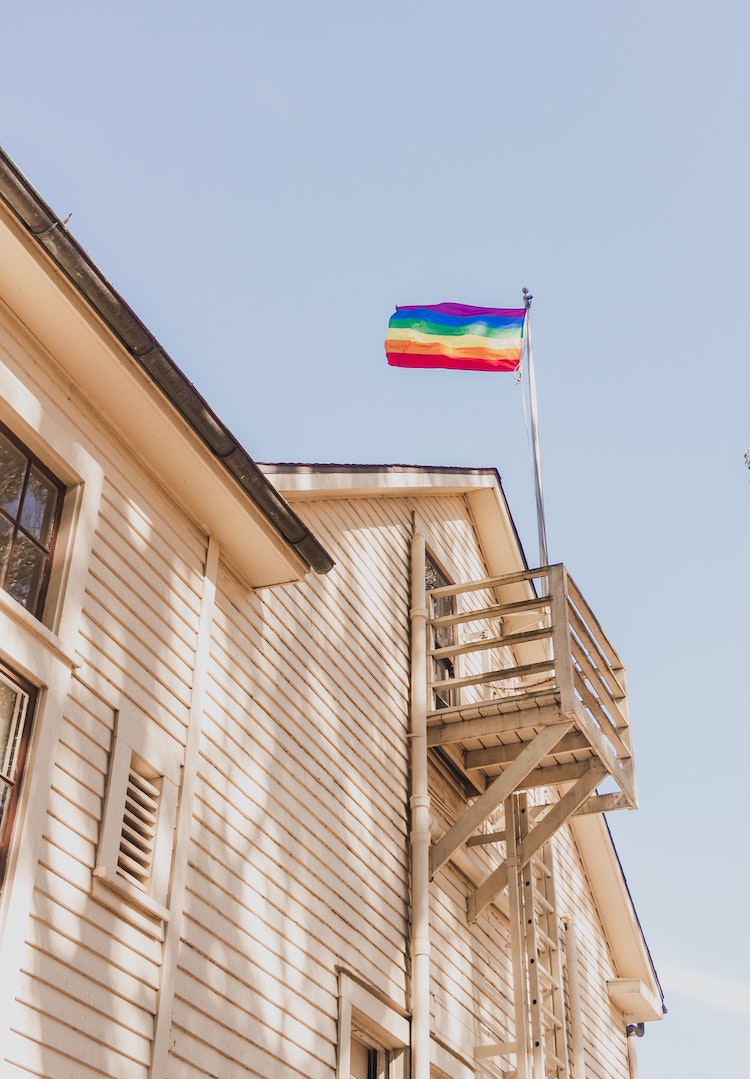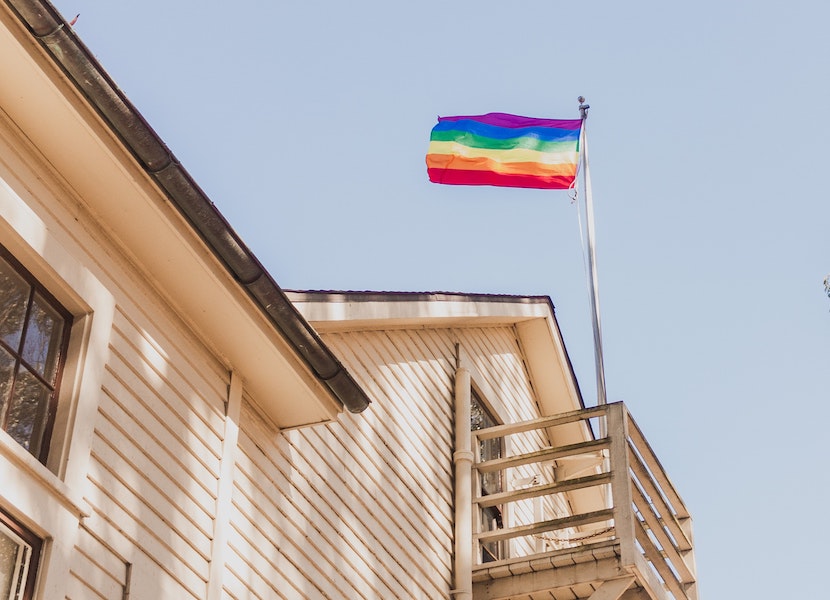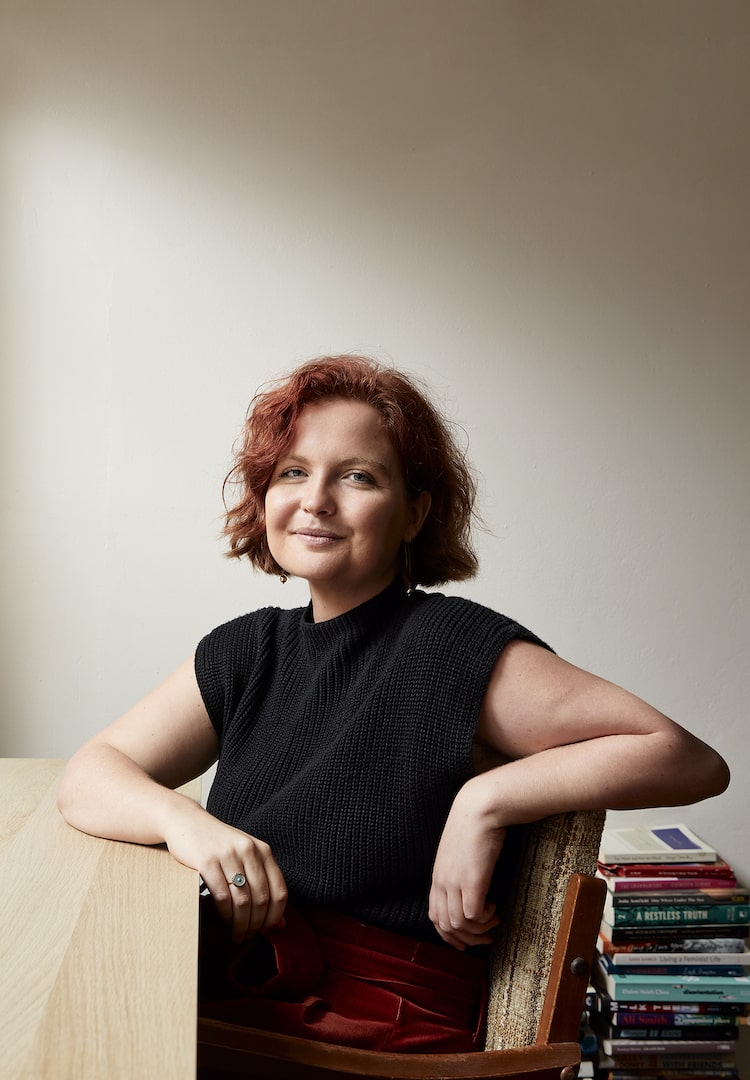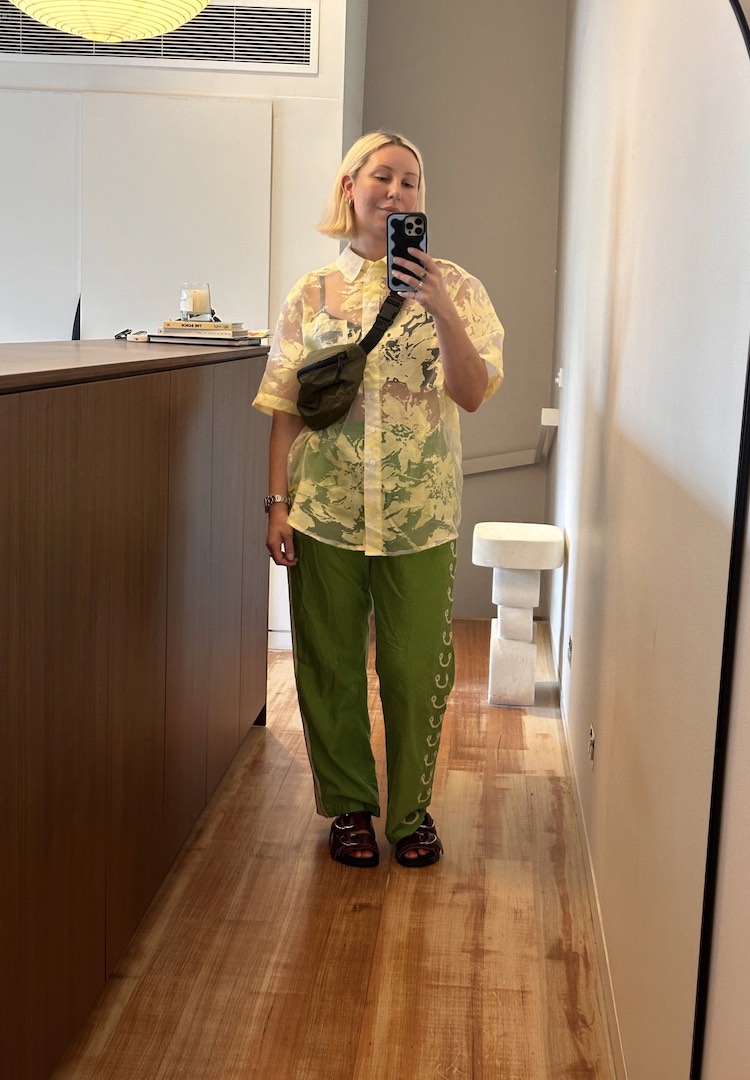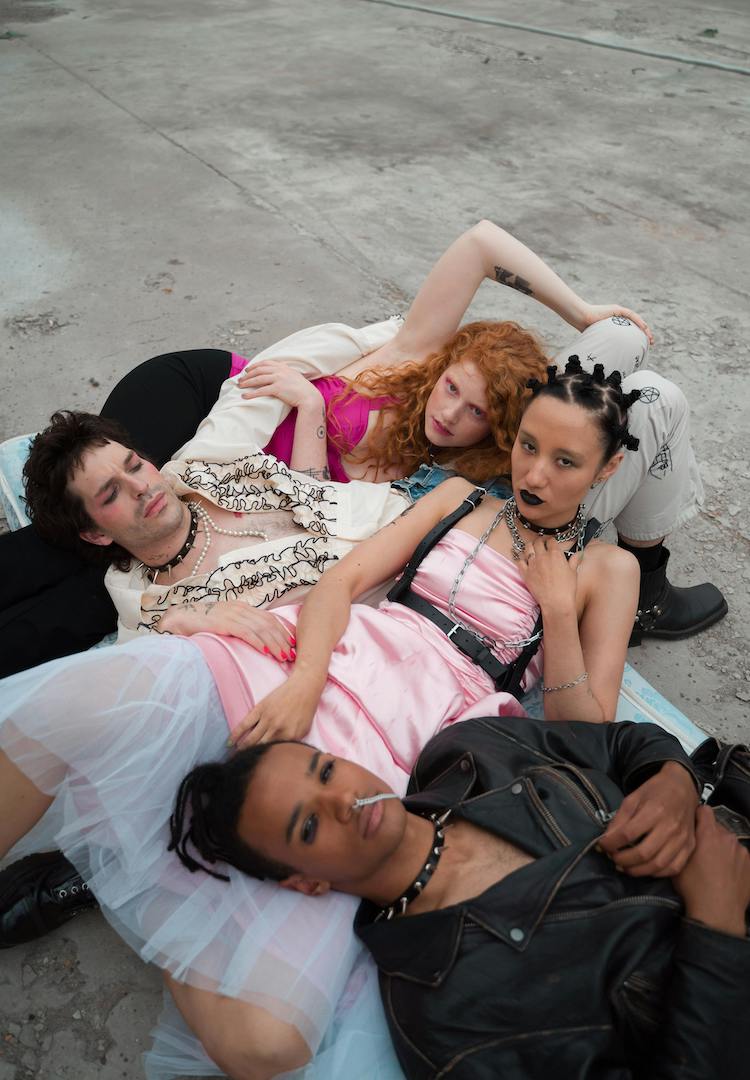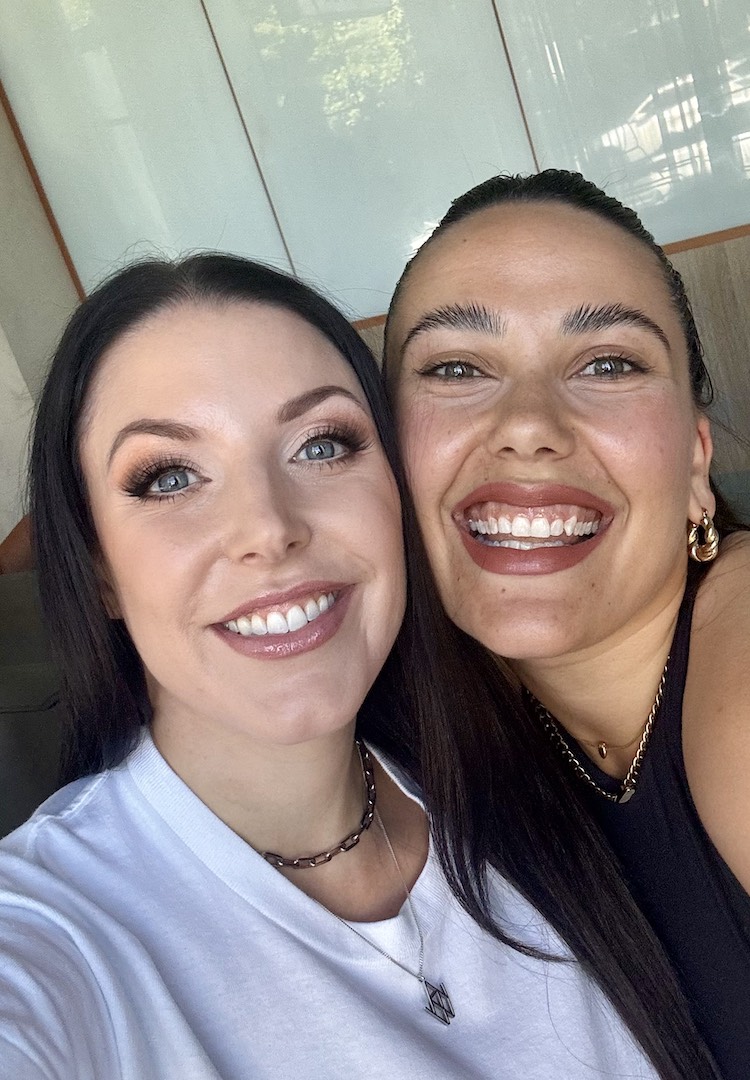The impact true queer inclusion policies in the workplace can have, and where to start
IN PARTNERSHIP WITH CSIRO
WORDS BY EMILY HOLGATE
“For a field like science, I’m really lucky to be working where I am.”
With many organisations around the country returning to the office, workplace anxiety is real, whether you’re struggling to make small talk with colleagues, or dreading sharing a bathroom again with coworkers.
But for queer people, this anxiety often also includes a fear of being misgendered at work, or coming out to colleagues. Let’s face it, it’s difficult being the token office queer.
Interested to hear how others navigate the world? Head to our Life section.
While a lot of companies are making conscious efforts to provide support to LGBTQI+ employees, many queer people face an everyday battle of receiving support – and understanding – in the workplace.
Luckily, an increasing number of Australian organisations are taking leadership when it comes to the meaningful inclusion of LGBTQI+ employees. This includes national scientific research agency CSIRO, which has been increasing its support of the LGBTQI+ community for over seven years.
The Pride@CSIRO initiative is a developing organisation within the company that provides much-needed support of workplace diversity for queer employees.
And on Saturday, it will be the organisation’s third year marching at Sydney’s Gay and Lesbian Mardis Gras parade, with over 100 employees, allies and executive leaders getting involved in the experience.
This comes after the company’s recent implementation of non-binary, trans and gender diverse policy improvements as part of its diversity and inclusion strategy, to help those struggling with discrimination and gender identity feel supported in the workplace.
Working towards true inclusion
Implementing a meaningful diversity and inclusion strategy doesn’t happen overnight and as we know, intention doesn’t always equal impact. The Australian Workplace Equality Index (or AWEI for short) is a great resource for companies looking to improve their inclusion strategies, to ensure they’re getting it right.
It stands as the national benchmark on LGBTQI+ workplace inclusion and offers the country’s largest (and only) employee survey to properly gauge how inclusion initiatives are impacting and supporting employees.
One of the questions in the survey asks whether organisations offer gender affirmation as a specified queer category. It’s a significant policy change that has now been implemented across a handful of Australian companies, and it’s a huge win for the queer community.
CSIRO is now one of those few companies offering assistance for employees to undertake activities relating to gender affirmation, without using up other types of leave.
Communications Manager and Head of Pride at CSIRO, Chris Gerbing, explains that this doesn’t just include those undergoing gender affirmation surgery.
“The leave is about everything involved in the transitioning process, whether that’s medical appointments before and after surgery, or even the huge administrative burden on people who are transitioning,” Chris says. “There’s a lot of paperwork involved with things like changing ID cards and birth certificates.”
Danila Marini, an experimental scientist and animal ethics coordinator at CSIRO, and proud non-binary member of the queer community, says that the introduction of gender affirmation leave is “absolutely fantastic”.
“It can be stressful to take time off to go to things like doctors’ appointments,” they say. “And to know you don’t have to take other types of leave – like personal or sick leave – is amazing. So it cuts down on explanations that you might have to make.”
Danila shares that fellow queers are also thrilled to see the inclusion of diversity training for over 130 leaders within the organisation. Plus, CSIRO has updated its internal language to be more inclusive (read: parental leave is not just for females. It’s non-gender specific) and has changed software systems to allow for the inclusion of personal pronoun changes and display.
“We’ve been trying to raise awareness that there’s more than just she and he pronouns,” Chris says. “This also helps to demonstrate support for those who are non-binary or who want to use they/them pronouns.”
Pride in science
It’s apparent even from afar, that science industries have long been dominated by a certain type. “You know, where [the reality is that] the stereotypical scientist is an old, straight White dude,” laughs Danila.
So while it’s important for any organisation to have effective inclusion policies for its queer community, there’s a special impact it offers in science. “Having the pride network there helped start a conversation with my colleagues that made me realise I’m not alone,” Danila says.“For a field like science, I’m really lucky to be working where I am.”
Chris has been at the organisation for nine years, but started his role as chair of Pride@CSIRO two years ago. “I really wanted to make a change and be more open about myself as a gay male and about my life,” he says.
“As the pride network was forming and I was gaining my own confidence with my identity, I started getting more involved and meeting people with shared interests. [Pride@CSIRO] is all about looking at existing policies and seeing how an LGBT lens could enhance that policy to make it better,” he explains.
And clearly, the queer community is responding positively. The organisation conducted a survey last year in which 85 per cent of LGBTQI+ respondents recommended the agency as an inclusive place to work for non-binary, queer and other identifying people.
The team are already gearing up for Saturday’s United We Shine Mardi Gras, with many existing Pride@CSIRO members excited for another year at the festival.
Chris, who is at the forefront of the company’s movement in a more inclusive direction, is one of many in the organisation keen to join their fellow queer colleagues and peers to celebrate pride.
He says that the science organisation has received a warm welcome into the Mardi Gras community and environment in previous years.
“The first time we marched it was so amazing when people were shouting, ‘CSIRO!’ and ‘I LOVE SCIENCE!’ at us,” he says. “To hear people in [the queer] community saying they love science was incredible.
“Having our employees experience [Mardi Gras] – that coming together of joy and love and kindness – is really powerful. It spreads through the organisation and makes a big difference back into the pockets of the [company], and into more rural areas.”
To read more about CSIRO’s LGBTQIA+ initiatives, head here.


